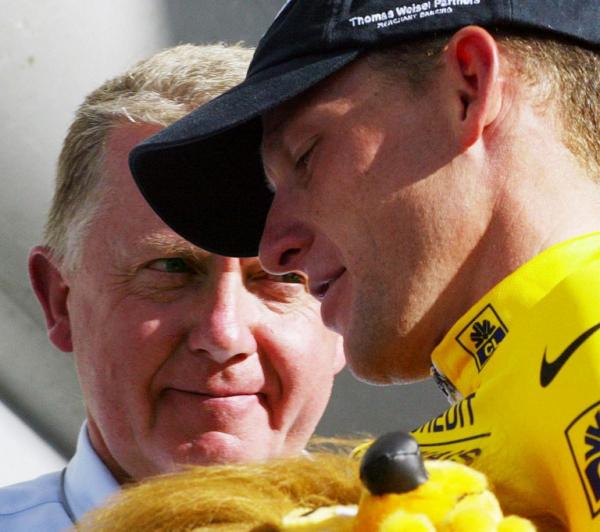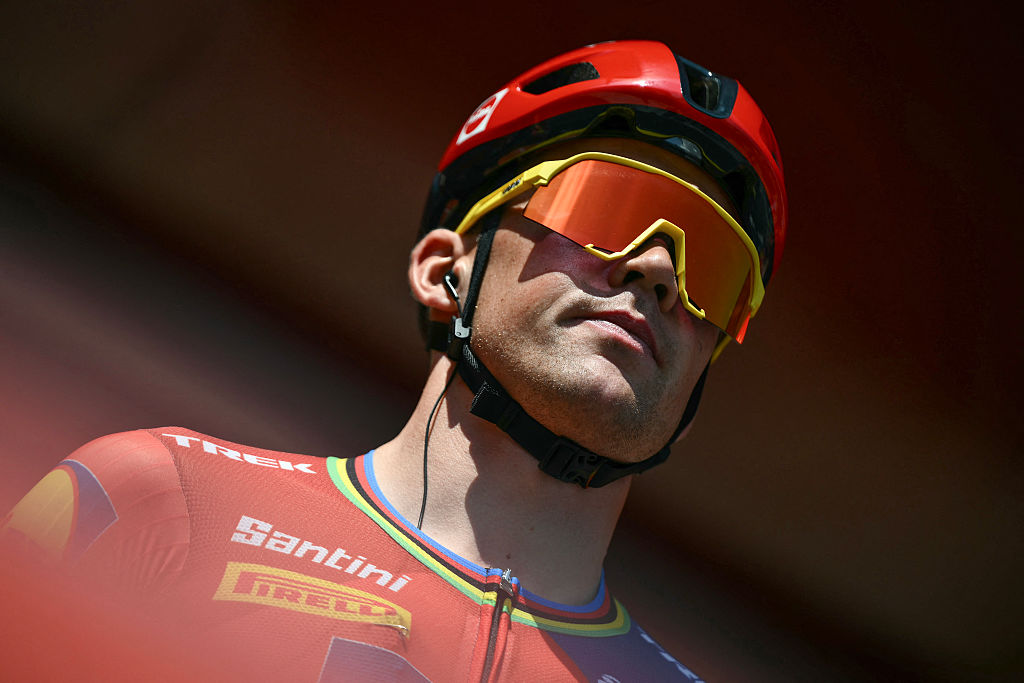UCI actions not those of effective anti-doping programme, WADA says
Agency responds after Verbruggen admits to warning riders of suspect values

UCI president Hein Verbruggen admitted this week to initiating a UCI policy of warning riders who showed suspect blood values, and the World Anti-Doping Agency has replied, criticizing those actions.
Verbruggen on Armstrong: We did not hide anything, ever
Verbruggen denies Kathy LeMond's story of cover-up payment
UCI and WADA blamed for anti-doping failure
WADA funding at critical point in doping war
WADA president has concerns about UCI Independent Commission
Verbruggen denies responsibility for cycling's problems
Verbruggen had account with Armstrong backer, says Ochowicz
Verbruggen: Nothing illegal has happened
WADA contends it was never consulted on amnesty
Verbruggen was president through 2005 before the current leader Pat McQuaid took his place. Speaking to Vrij Nederland, Verbruggen justified having UCI medical director Mario Zorzoli or anti-doping commission member Lon Schattenberg meet with riders to inform them of suspect values, saying they did it to convince riders to stop doping.
“You might convince them not to use doping anymore or you might not,” Verbruggen said.
Tyler Hamilton, writing in “The Secret Race”, described meeting with Zorzoli and being informed that his doping controls showed evidence of blood transfusion. At the time, WADA had not yet approved the test. Hamilton went on to later test positive and serve a suspension for homologous transfusions after the test was approved.
WADA issued a statement today decrying the practice.
''This approach totally contradicts the purpose of an effective anti-doping program,'' the WADA statement read. ''Any (federation) that would do such a thing would leave itself open to criticism with regards to its impartiality and integrity."
The agency says that the situation would have been unique to cycling, as it has "no evidence of other international federations 'discussing atypical blood test results, or other test results' with athletes."
The latest race content, interviews, features, reviews and expert buying guides, direct to your inbox!
The UCI has come under criticism in recent months for its anti-doping policies, which were ineffective in deterring the kind of widespread doping which the USADA investigation into Lance Armstrong and the US Postal Service team unearthed.
The UCI has been accused of covering up a doping positive of Lance Armstrong in both 1999, when he showed evidence of cortisone use in a doping control and presented a back-dated prescription, which the UCI accepted, and in 2001 when the WADA lab director met with Armstrong and Johan Bruyneel to describe test results which supposedly showed suspect, but not positive values for EPO in Armstrong’s samples from the Tour de Suisse.

